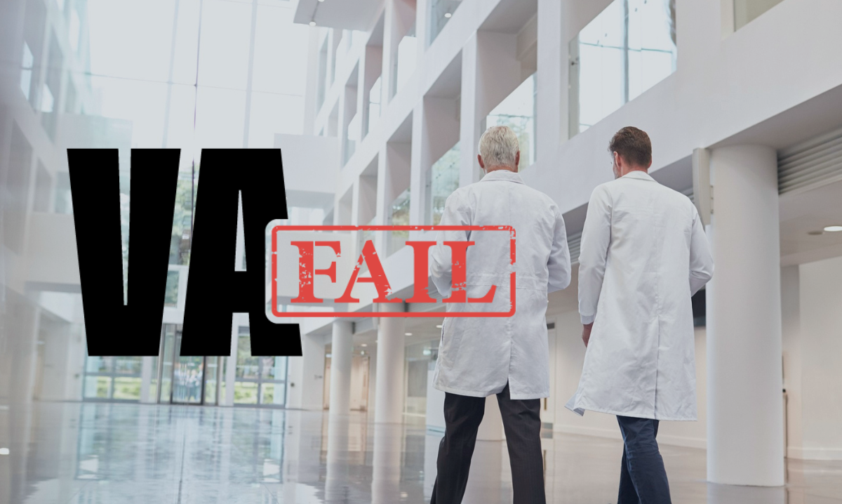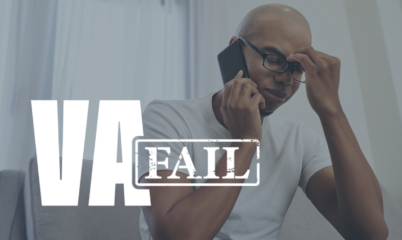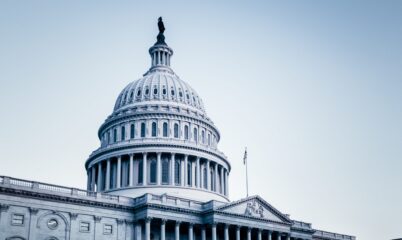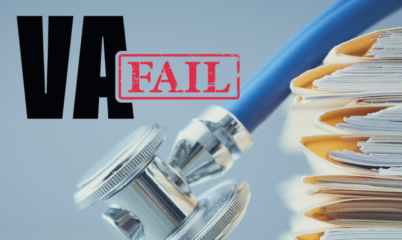
#VAFail: Veterans wait for care, benefits, while VA officials get bonuses they were not meant to have
A decade after the country learned about unconscionably long wait times at Department of Veterans Affairs health facilities, in some places things have not improved. Other problems also are cropping up.
In Stockton, California veterans are waiting months to get medicine.
A Hampton, Virginia veteran who went to the ER with chest pains ― and, while there, was flagged as having a potential malignancy ― waited 77 days to be seen by a respiratory specialist.
A U.S. senator says the VA also is having trouble paying veterans their benefits.
Still, top executives at the VA are getting bonuses – bonuses they weren’t meant to get in the first place.
Taxpayers foot millions in VA bonuses
According to the employment website Payscale, in general VA bonuses average about $1,250 per year. They range from $208 for a registered nurse to $14,639 for a psychiatrist.
New VA employees can receive up to 25 percent of their basic pay rate as a hiring bonus.
Congress added a specific bonus program for existing employees last year.
Since then, the VA’s Critical Skill Incentive Payments program has allotted more than $117 million to about 13,000 employees. CSIP bonuses are worth up to 25% of an existing employee’s salary.
The CSIP program helps retain employees in high-demand occupations like human resources, housekeeping, personnel security, and law enforcement. With the agency facing serious competition from the private sector and a shortage of doctors, nurses, and other health care providers, many VA bonuses are necessary to attract and retain talent.
But these hard-to-keep professionals are not the only ones who received CSIP bonuses. The VA’s top brass also have gotten payouts.
VA execs got nearly $10 million in unjustified bonuses
More than 170 senior VA executives received $9.7 million in CSIP bonuses.
Not only were these payments made erroneously, they came at the same time senior VA officials were complaining to Congress that the agency does not have adequate funding to implement its community care program. The VA is required by law to provide veterans with access to community-based medical options when the VA cannot provide the care needed. But VA has made it harder for veterans to access community care while also complaining about the cost of the program to Congress.
According to Military Times, VA leadership admitted implementation of the CSIP program had been “imprecise,” a problem that led to the senior executives, who all work at VA headquarters, to receive bonuses.
“VA leadership was overly broad in the way we implemented and executed this authority,” an agency statement said.
The agency’s inspector general is examining the errors and will recommend potential changes to the program.
Congress criticized VA implementation of bonus program
Lawmakers made it clear they never intended that VA executives benefit from the CSIP program.
House and Senate VA Committee members wrote to VA leadership looking for answers on the bonus issues stemming from incentives meant to handle an influx of veterans into the VA system after passage of the PACT Act. “VA leadership managing the program clearly did not follow the intended procedures and guardrails that facilities in the field were required to follow,” the letter said. “We expect a much higher level of due diligence, oversight, and planning at this executive level,” the lawmakers wrote.
Veterans deserve much better.
The VA has an enormous responsibility to care for veterans. These kinds of mistakes should not be tolerated, especially when veterans continue to suffer long waits for health care services at the VA and in the community.
Want to learn more? Read more stories about how the VA is failing our American heroes.
Related Content

#VAFail: Significant issues found with suicide crisis line, leading to calls for accountability and reform

CVA to Congress: Investigate sexual harassment at VA and restore accountability


